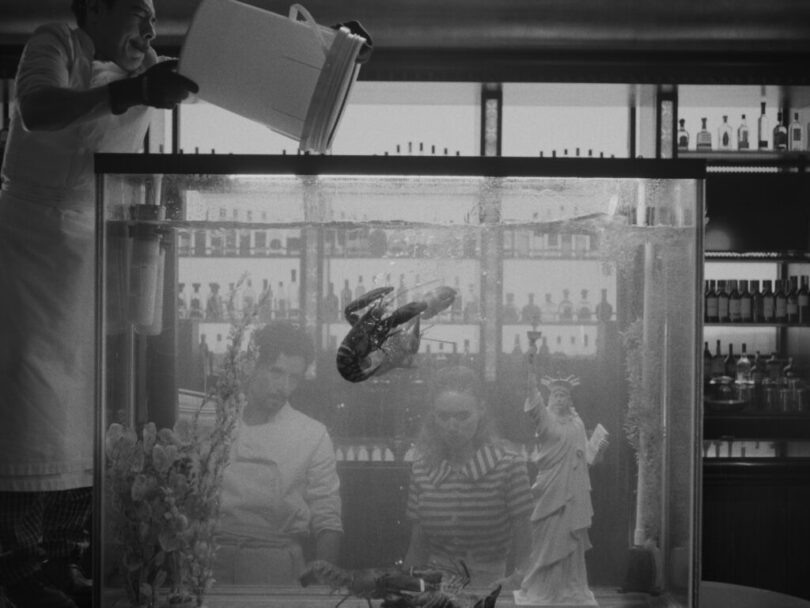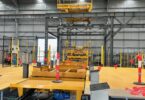La Cocina: A Searing Look at the Underbelly of the American Dream
Review generated with assistance of Google Gemini AI and fact checking and corrections by A.Ritenis
SYDNEY 20 may,2025
Alonso Ruizpalacios’ La Cocina isn’t just a film; it’s an immersive, often claustrophobic, plunge into the chaotic heart of a New York City restaurant. While the narrative ostensibly follows the frantic dance of a kitchen staff during a particularly brutal lunch rush, the film masterfully peels back layers to expose the raw nerves of social issues, particularly the often-ignored mental health struggles within the hospitality industry and the precarious reality of immigration in the U.S.
The film’s most immediate impact is its visceral portrayal of kitchen life. The camera, often handheld and perpetually in motion, mirrors the relentless pace, the clanging of pots, the shouts, and the sweat. This isn’t the glamorous, curated world of celebrity chefs; it’s a pressure cooker where stress is the main ingredient. The toll this takes on the staff’s mental well-being is palpable. We see moments of quiet desperation, explosive anger, and the desperate attempts to cope through humor, fleeting friendships, or substances. The sheer lack of space, both physical and emotional, is a constant reminder of the dehumanizing grind. Characters are reduced to cogs in a machine, their individual anxieties and aspirations often sacrificed at the altar of efficiency. La Cocina is a powerful, if uncomfortable, testament to the fact that the cheerful facade of a dining experience often conceals a deeply challenging environment for those who create it.

Beyond the immediate kitchen chaos, La Cocina casts a stark, unblinking eye on the immigration crisis. The kitchen is a microcosm of America itself, a melting pot of nationalities, predominantly Latin American, all striving for a foothold in a country that offers both opportunity and profound uncertainty. The fear of deportation hangs heavy in the air, an unspoken threat that shapes every decision and interaction. We witness characters navigating the treacherous landscape of undocumented status, the exploitation they face, and the constant anxiety of being discovered. The film subtly highlights the invisible labor that underpins much of the American economy, a labor often performed by those with the least protection and the greatest vulnerability. The relationships forged within the kitchen, though often strained, offer a glimpse of solidarity and a shared sense of otherness in a land that is both home and foreign.
While the film’s frenetic energy can be overwhelming at times, its deliberate pacing in certain moments allows for poignant character studies. Through fleeting glances and overheard conversations, we glimpse the dreams deferred, the families left behind, and the quiet resilience of individuals striving for a better life. The ending, without giving anything away, is a powerful and unsettling reminder of the cyclical nature of these struggles, hinting at the endless churn of lives and labor that fuel the city.

La Cocina is not an easy watch, nor should it be. It’s a challenging, confrontational film that refuses to offer simple answers. Instead, it serves as a vital cinematic document, forcing us to confront the often-invisible human cost of the services we consume.
It’s a powerful and timely critique of a system that often exploits its most vulnerable, leaving an indelible impression long after the credits roll. For anyone interested in a raw, unflinching look at the intersections of labor, mental health, and immigration in contemporary America, La Cocina is an essential, albeit unsettling, viewing experience.







